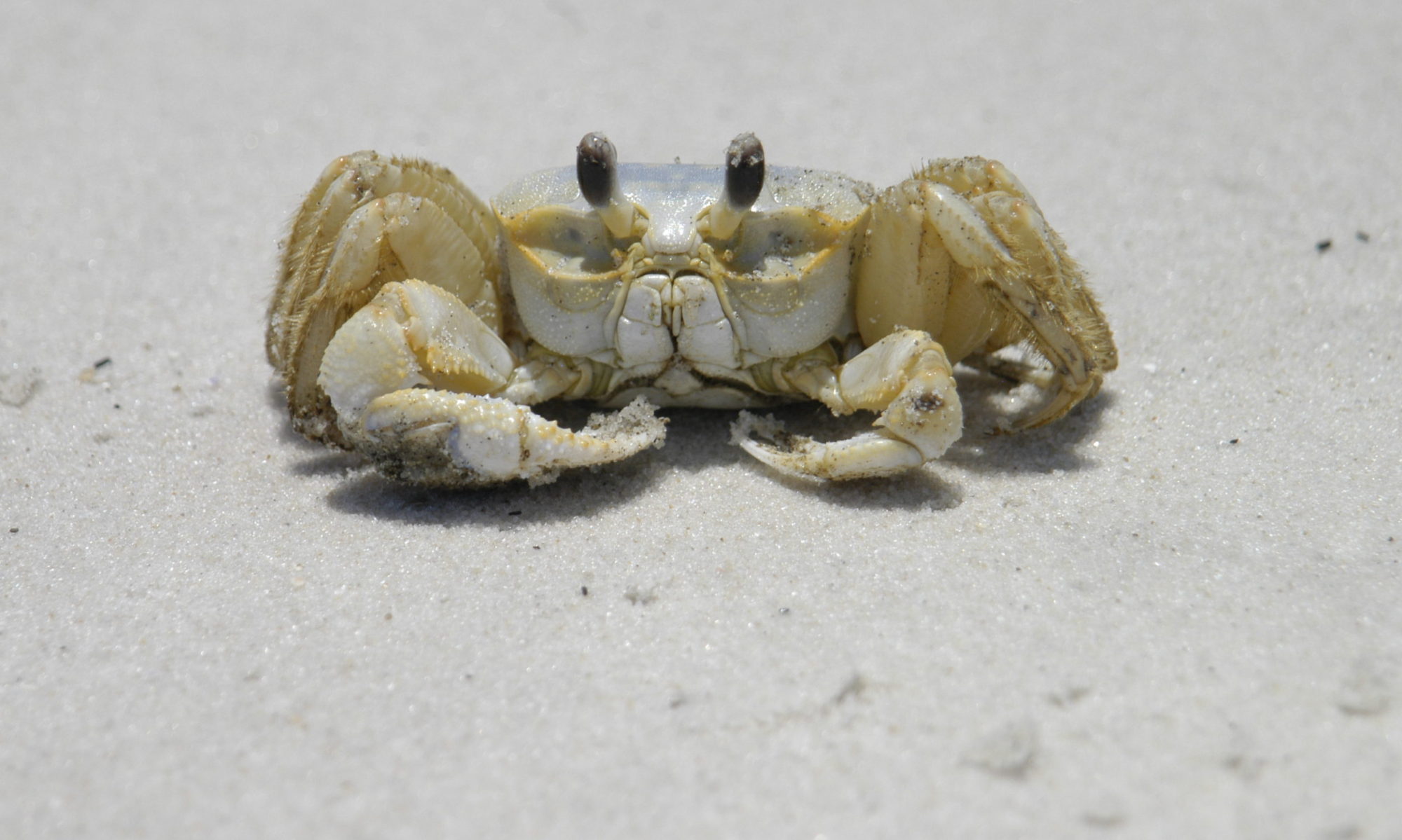 This is a book of poetry masquerading as prose. It is a book short on dialogue and long on imagery, both external and of the characters’ internal emotion-scape. The book came out in 1915 and was banned shortly thereafter in Britain for 11 years.
This is a book of poetry masquerading as prose. It is a book short on dialogue and long on imagery, both external and of the characters’ internal emotion-scape. The book came out in 1915 and was banned shortly thereafter in Britain for 11 years.
The novel covers three women from the same family over a period of 65 years starting in 1840 and ending in 1905. This is roughly the Victorian era. This is a period of great change just after the Industrial Revolution in which England was changing from a mostly rural based culture to an urban based society. Along with technological advances and migrating populations, it was a time of changing social mores, including sexuality and of the relationship between men and women. It was Lawrence’s graphic depiction of sexuality (for the times) that resulted in its banning.
It struck me that Lawrence saw the relationship between a man and woman as more of a contest than any sort of synergistic union. A passage from the middle of the book really brought home this concept to me. Continue reading “The Rainbow by D.H. Lawrence”









